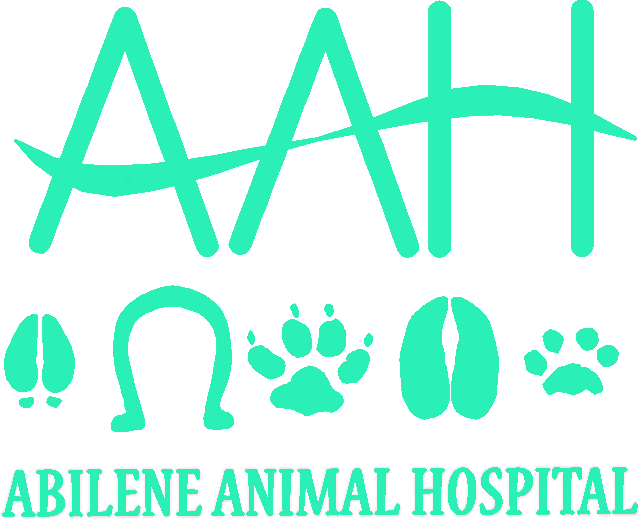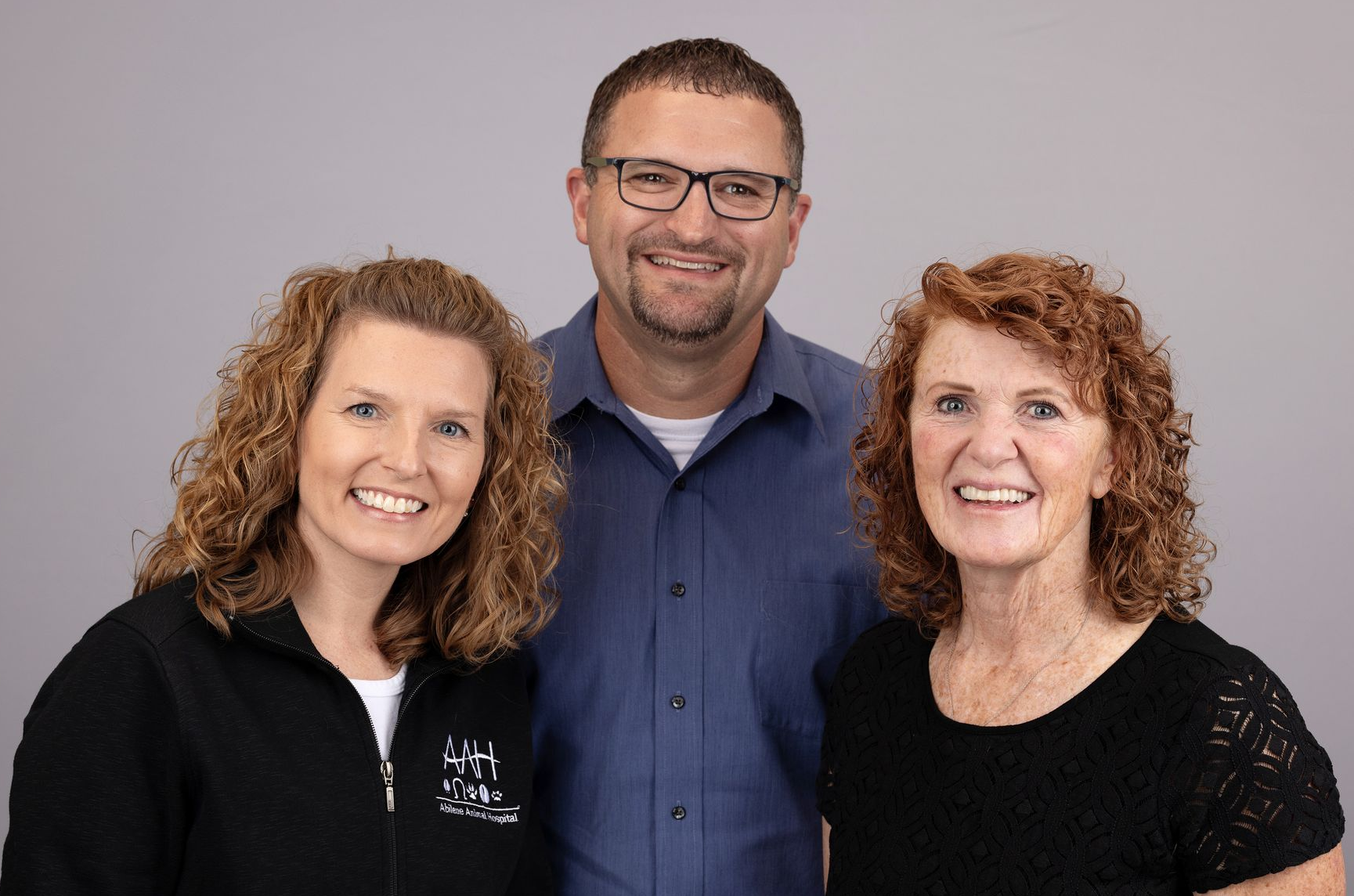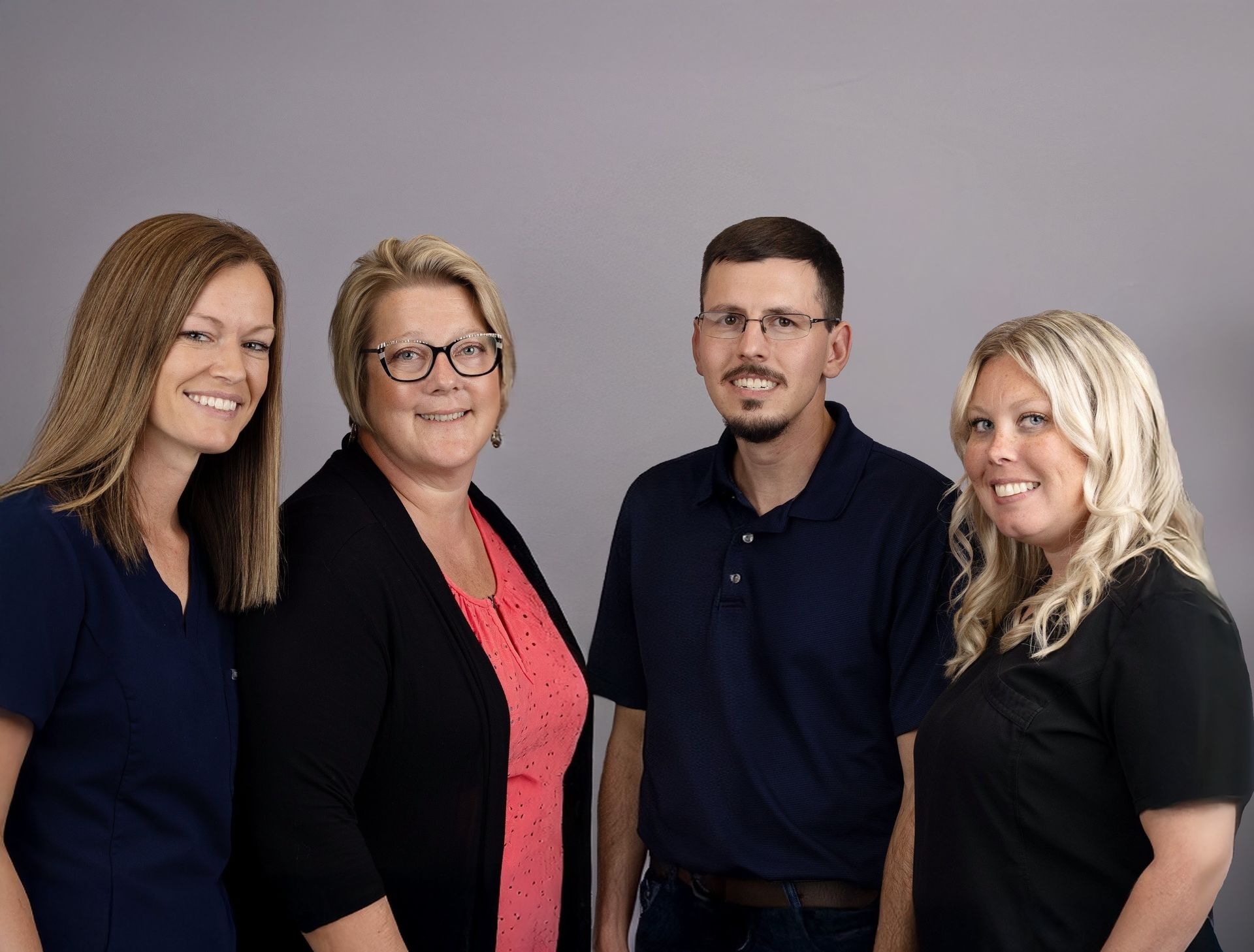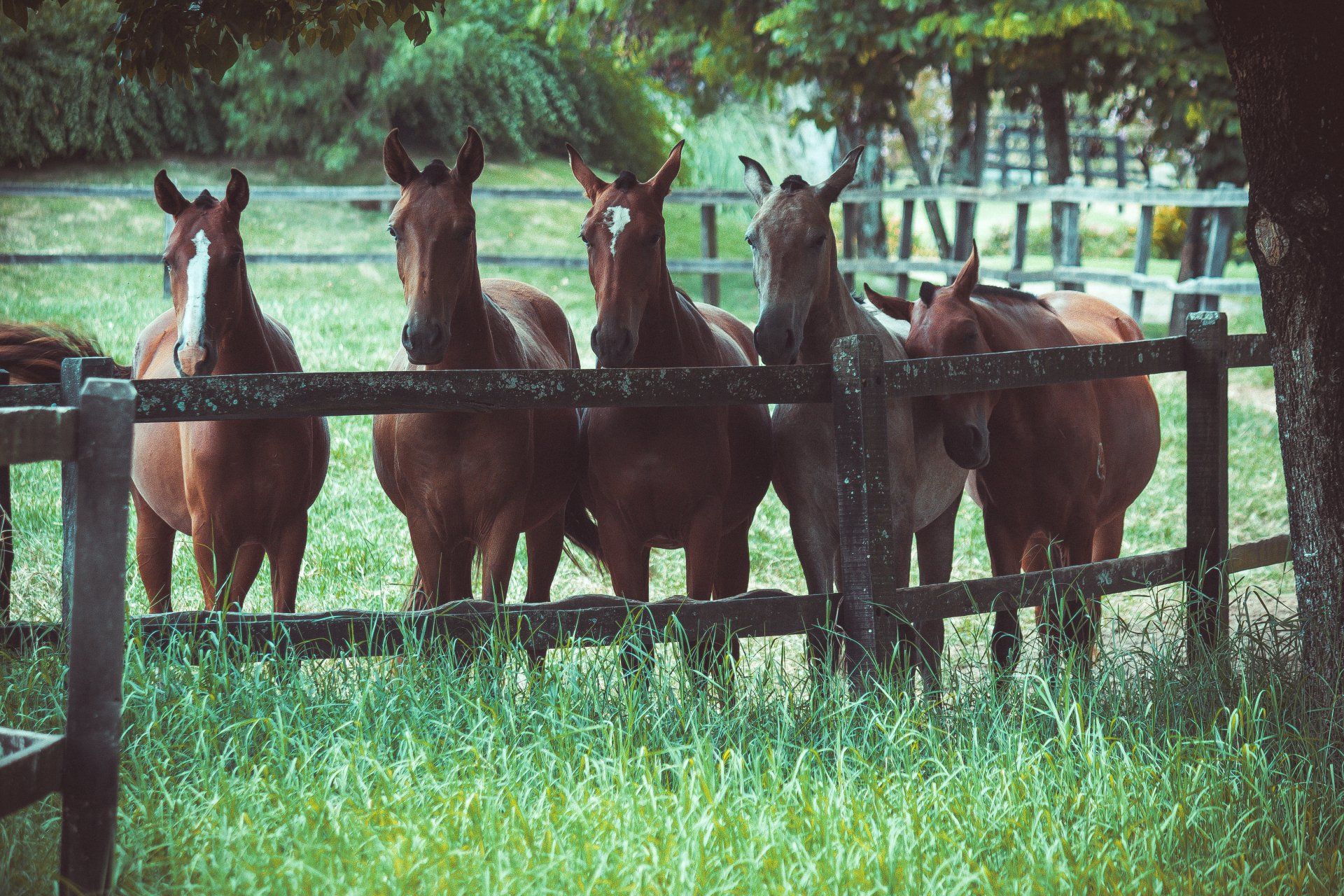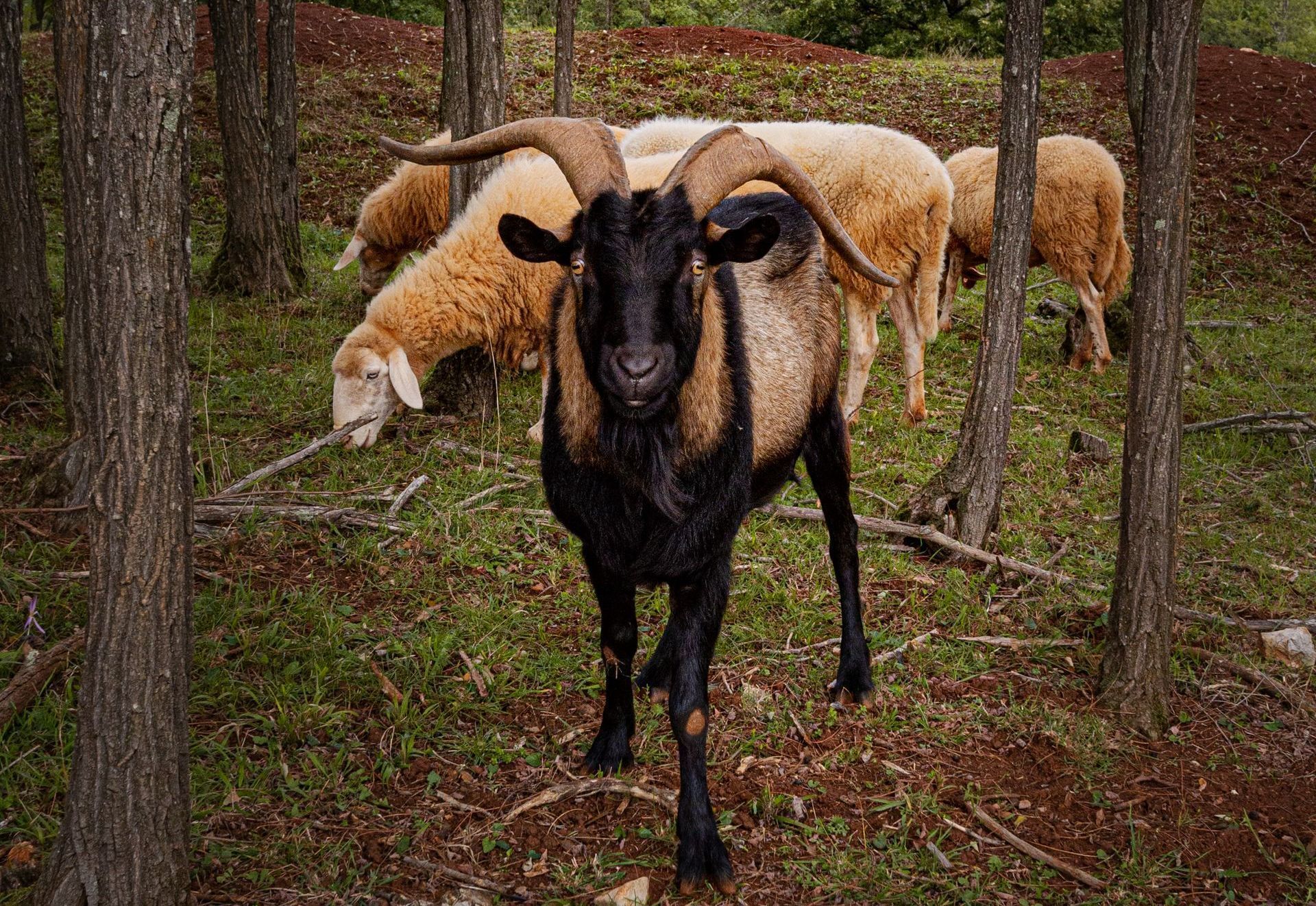Large Animal Services
Whether you manage a large production facility, run a small family farm, care for pleasure horses, or have animals for 4-H projects, our large animal team is here to support your unique needs. We specialize in comprehensive veterinary care for large animals and livestock in Abilene, Kansas and surrounding areas. Whether on-site at your farm or in our fully equipped facility, our team is committed to keeping your animals healthy, productive, and performing at their best. Don’t see the service you’re looking for? Give us a call—we’re happy to discuss how we can help.
We provide a variety of services including:
Health
- Disease diagnostic programs
- Disease prevention strategies
- Biosecurity plans and procedures
- Pathogen elimination procedures
- Reproductive evaluation and optimization
Production
- Biologic production analysis
- Environmental problem solving
- Employee training
Financial
- Expansion planning
- Cash flow projections
- Pig flow and facility utilization
- Abilene VetMeds, a membership program for medicines and supplies
Data Management
- Production data management
- Production data analysis
- Research trial design, management and analysis
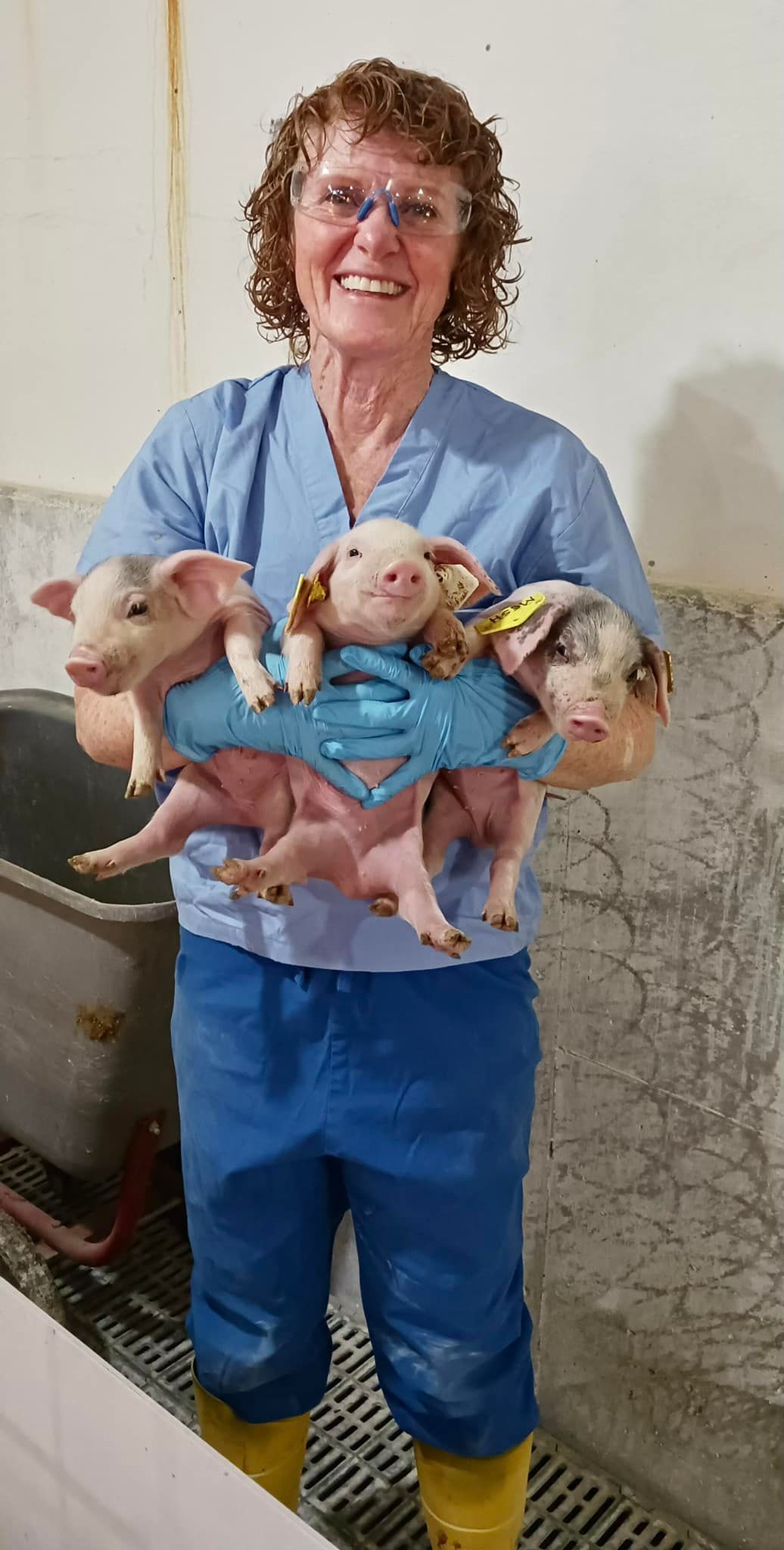
The AAH veterinarians provide many services for bovine producers including:
- Primary diagnosis and care for ill individuals
- Vaccinations, implants, and castrations
- Internal and external parasite control planning
- Obstetrical services and fertility diagnostics
- Reproductive examinations and ultrasonography
- Artificial insemination
- Bull semen evaluation
- Preventative health planning
- Lameness examination
- Hoof trimming
- Diagnostic and surgical services
- Production records analysis
We also offer Abilene Vet Meds (a membership program for medicine, vaccines, and supplies) for our cattle clients.
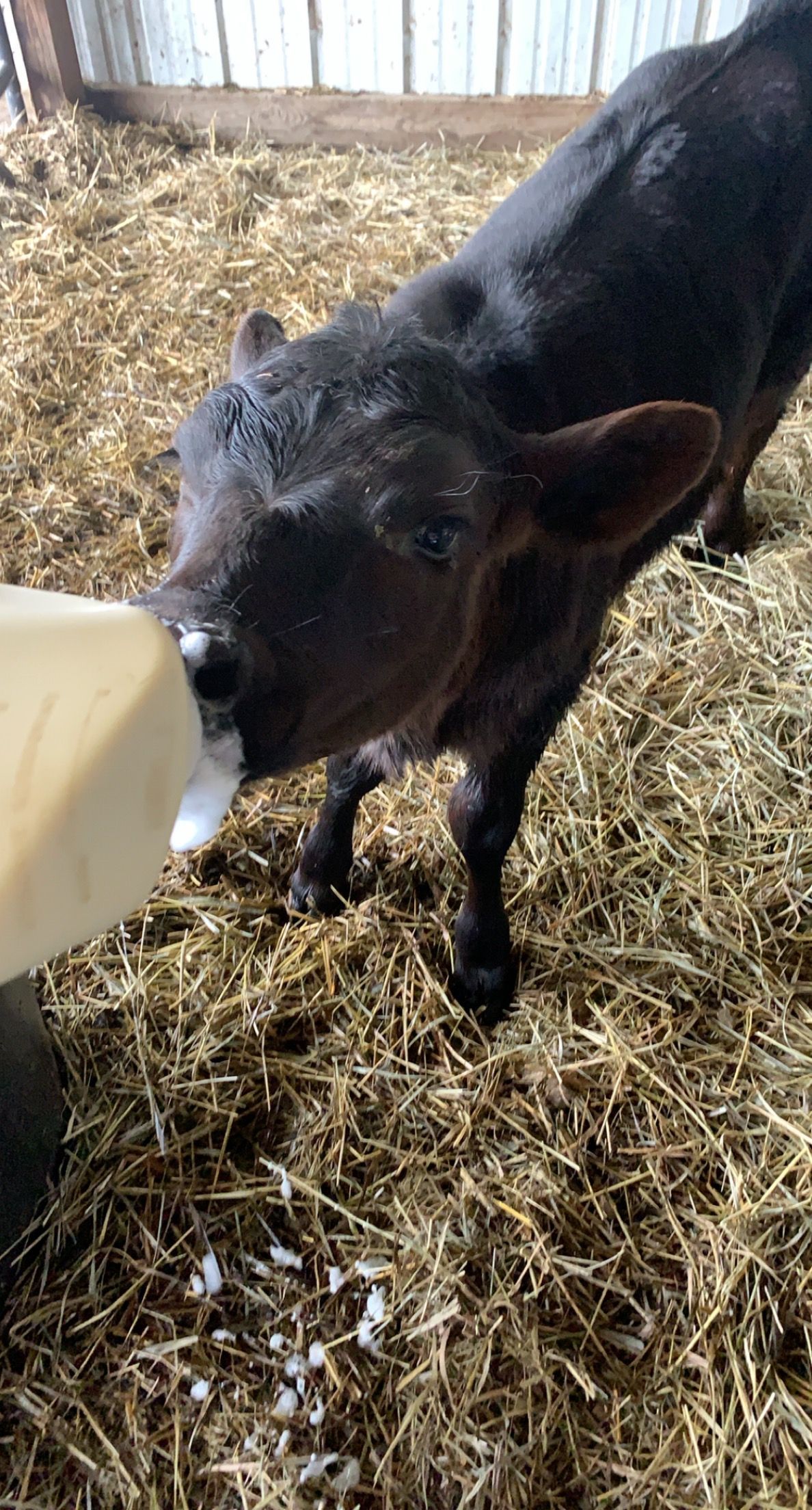
We provide a full range of services including:
- Reproductive management including breeding soundness examinations for mares and stallions, reproductive ultrasound imaging for ovulation prediction and pregnancy detection, uterine culture and biopsy
- Artificial insemination of fresh, chilled, or frozen semen
- Stallion collection
- Shipping fresh and chilled semen
- Diagnostic laboratory services including foal IgG SNAP, complete blood panels, Coggins, stall side serum amyloid a (SAA)
- Lameness evaluation and radiology services
- Pre-purchase examination
- Sheath cleaning
- Routine surgical procedures e.g. cryptorchid, hernia repair, laceration repair
- Pneumatic dentistry
- Preventative health services including wellness week which offers owners significant discounts on all equine vaccine, dewormer, and preventative health care services
We can assist with the following for our small ruminant clients:
- Pregnancy evaluation with ultrasonography
- Parasite identification and deworming strategies
- Dystocia
- Diagnostics and care for ill patients
- Injury work-up, casting, splinting, and orthopedic surgery
- Banding, castrating, and vaccinations
- Dehorning/Disbudding
- Hoof trimming
- Disease diagnostics and preventative strategies
- Vaccinations
